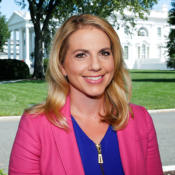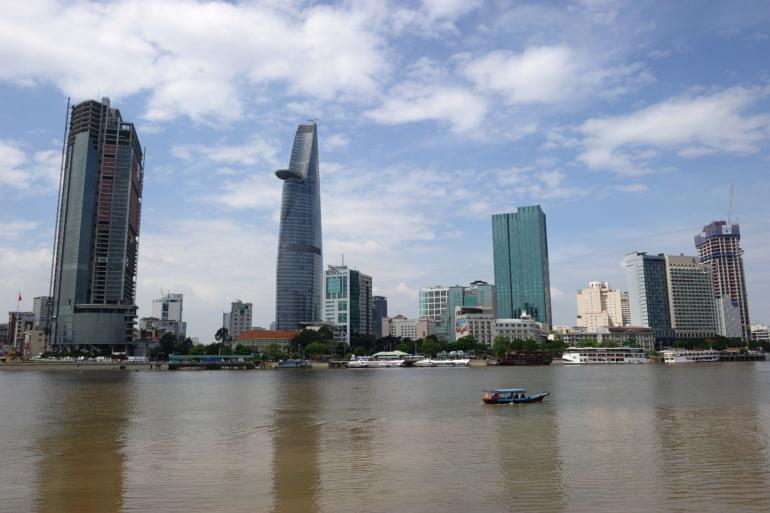In 2003, newborn babies were dying in Vietnamese hospitals. Trang Tuyet Nga saw a need.
“That’s when I realized that with this very simple medical equipment, we can reduce the mortality rate, and we can save more babies,” the MTTS co-founder said.
CGTN’s Jessica Stone reports.
What started out as a business to fix medical devices soon became a company to manufacture them. Charities helped fund production; the government lowered the cost of patents and importing components.
“We were the first company in Vietnam to make medical equipment, so that’s why the government gave us a lot of privilege.”
Now, Nga is eyeing a facility three times this size in a new low-rent biotechnology park. Vietnam has created hundreds of industrial zones to attract foreign investment across the country.
In 1997, Hanoi opened the Thang Long Industrial park, which now hosts companies like Canon and Panasonic. It came just two years after Hanoi and Washington re-established diplomatic ties.
“There’s no way to integrate with the world economy, without normalizing relations with Washington,” according to former government economist Le Dang Doanh, who advised Hanoi during that period and has twice spoken to visiting DPRK officials. “They must give their power up to the business, private sector, to the market. And they need to learn how to keep the market well developed in a balanced way, and it is not easy.”
This week the DPRK’s official newspaper promoted a “nation-first spirit” casting doubt on whether Pyongyang’s leaders believe they need a new model for economic development. But for entrepreneur Daniel Nguyen, Vietnam’s openness to foreign know-how and capital has made it the place to build Song Cai Distillery. It’s the first to make gin in Hanoi.
“As a developing economy, we were actually able to set the precedent,” Nguyen said. “Where there was no law before, we’re actually helping to write the law and legal policy and what the Vietnamese government knows as gin.”
Nguyen said Pyongyang can rely on its study of Marxism to find its own balance between progress and protection.
“There are pros and cons to everything of course, but opening up gives you options, and options are never bad.”
Options which have the potential to improve lives in the DPRK, as they have here in Vietnam.
 CGTN America
CGTN America
 This picture taken on November 19, 2013 shows the central financial district of Ho Chi Minh City seen from the opposite side of the Saigon river. The skyline of Vietnam’s largest city has been changing with a boom of new high rise residential and office buildings in last ten years. (HOANG DINH NAM/VCG)
This picture taken on November 19, 2013 shows the central financial district of Ho Chi Minh City seen from the opposite side of the Saigon river. The skyline of Vietnam’s largest city has been changing with a boom of new high rise residential and office buildings in last ten years. (HOANG DINH NAM/VCG)
